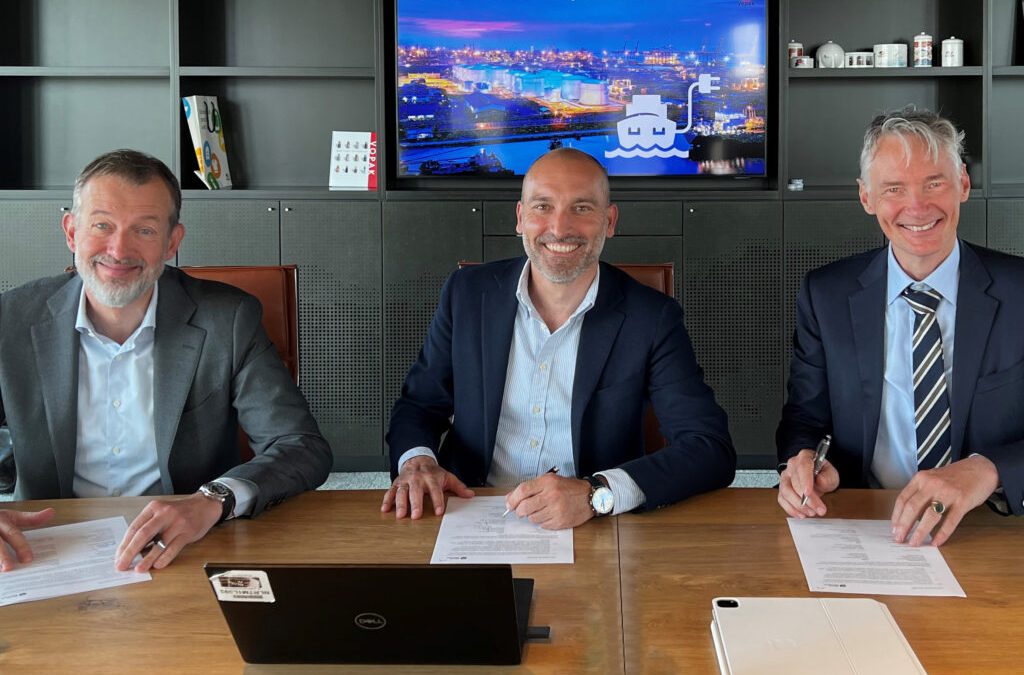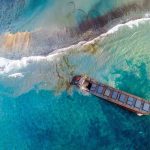Norwegian tanker operator Stolt Tankers, part of Stolt-Nielsen, has signed a memorandum of understanding (MOU) with the Dutch Port of Rotterdam Authority and Vopak terminal Botlek to conduct a six-month feasibility study for the use of shore-based power for chemical tankers calling at the terminal.
While in port, ships will be able to switch off their diesel generators and connect to mains power, potentially from renewable sources.
“The availability of shore-based power for our ships has the potential to greatly reduce the use of onboard diesel generators while ships are in port, resulting in a significant reduction of greenhouse gas emissions. This supports Stolt Tankers’ ambition to reduce its GHG emissions intensity by at least 50% by 2030 compared to 2008 levels – well ahead of the IMO’s target of 40%,” Lucas Vos, Stolt Tankers President, commented.
“We have identified several ships with the potential to take part in the trial, which if successful will also present opportunities for our ships calling at ports to plug into power from renewable sources.”
As chemical tankers are required to comply with higher safety standards than many other types of vessels, the results of this study will be important for the whole chemical tanker industry, the trio believes.
The project poses several significant technical hurdles, which make it unique. The aim of the feasibility study is to discover effective solutions to these challenges that can be used to form the basis of an agreed international standard. The installation of shore-based power for chemical tankers will only be a viable solution if the industry can agree a single standard.
Shipowners will need confirmation that their ships can safely and reliably connect to shore power in multiple ports before investing in the necessary ship adjustments, which is why it is essential to design a standardised industry solution in partnership with other leading organisations.
Stolt Tankers, which currently operates a fleet of 158 chemical tankers, has also been exploring biofuel as one of the options to decarbonise its fleet.
Source: Offshore Energy






